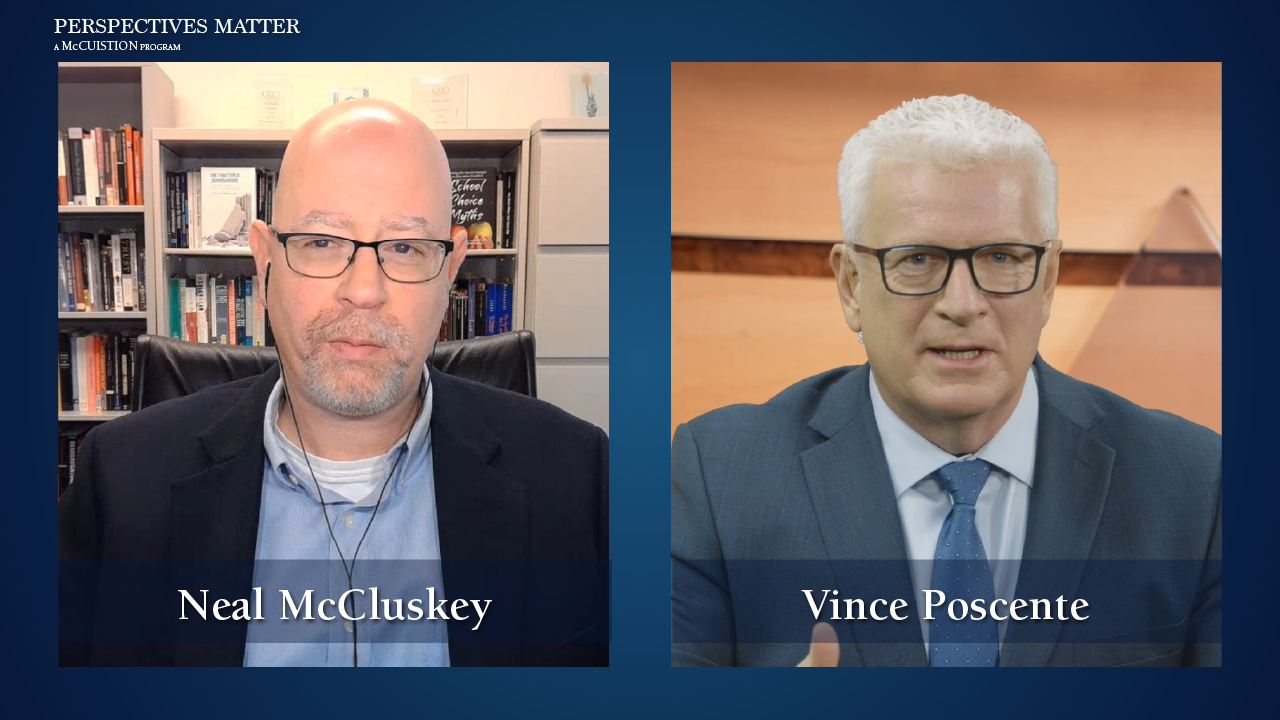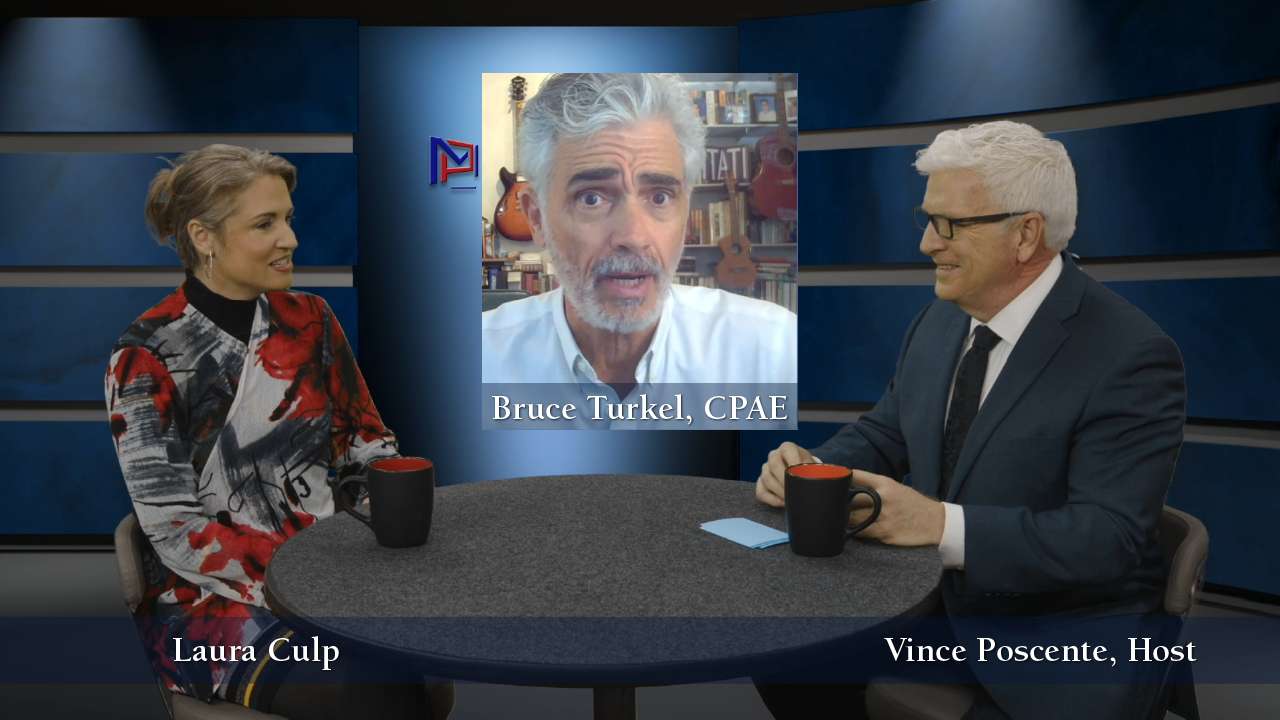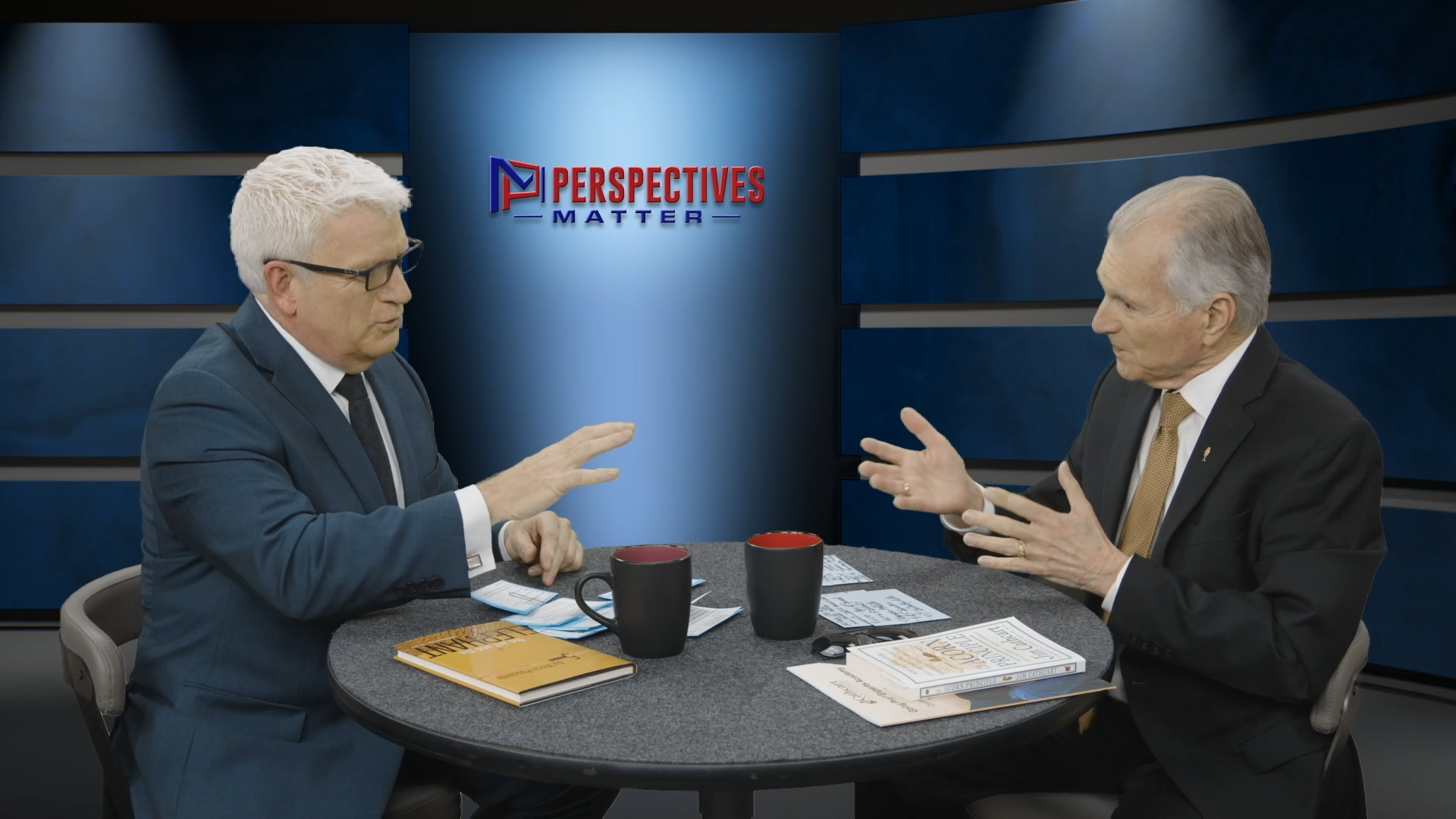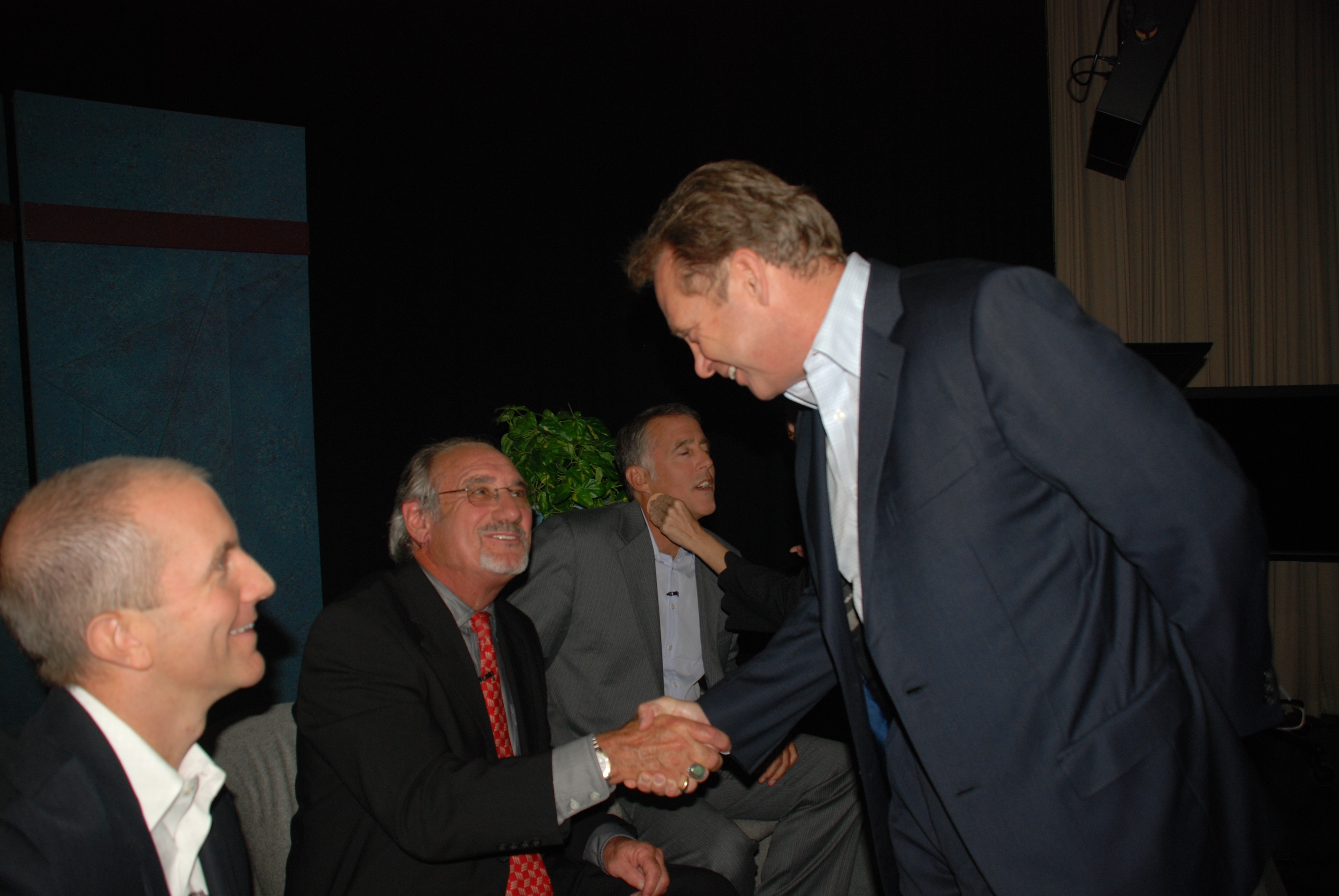 In Part One of this program the guests discussed the costs and causes of addiction. One point stood out: that addiction is a chronic brain disease. As such, one time treatment is not going to stop addiction. Dr. Kevin Gilliland makes a key statement, that 80% of those who leave treatment relapse in 2-3 months. Initial treatment is only the start – then it gets tough.
In Part One of this program the guests discussed the costs and causes of addiction. One point stood out: that addiction is a chronic brain disease. As such, one time treatment is not going to stop addiction. Dr. Kevin Gilliland makes a key statement, that 80% of those who leave treatment relapse in 2-3 months. Initial treatment is only the start – then it gets tough.
Panelists include:
- Christopher Kennedy Lawford – Actor, Author and Public Advocacy Consultant for Caron Treatment Centers; New York Times bestselling author of Symptoms of Withdrawal: A Memoir of Snapshots and Redemption and Moments of Clarity: Voices from the Front Lines of Addiction and Recovery
- Kevin Gilliland, Psy.D- Clinical Psychologist and CEO of Innovation 360
- Bill Teuteburg – Interventionist associated with The Caron Foundation and a long term residential program known as Renaissance.
Christopher Kennedy Lawford talks about his history: family issues, the brutal assassinations of his famous uncles, John F. Kennedy (JFK) and Robert Kennedy, his parent’s divorce, and how as a 13 year old kid he looked for a way out. He was angry, he was terrified and drugs and alcohol were a way out. He mentions, “drugs allow us to deal with the world, then it takes you down this horrible path.” Chris, successfully in recovery, believes we have a responsibility to look at the disease and treat it. He claims it is often misunderstood and in fact still a stigma we don’t want to deal with. He predicts that someday people will routinely say, “I’m a drug addict or I’m an alcoholic.”
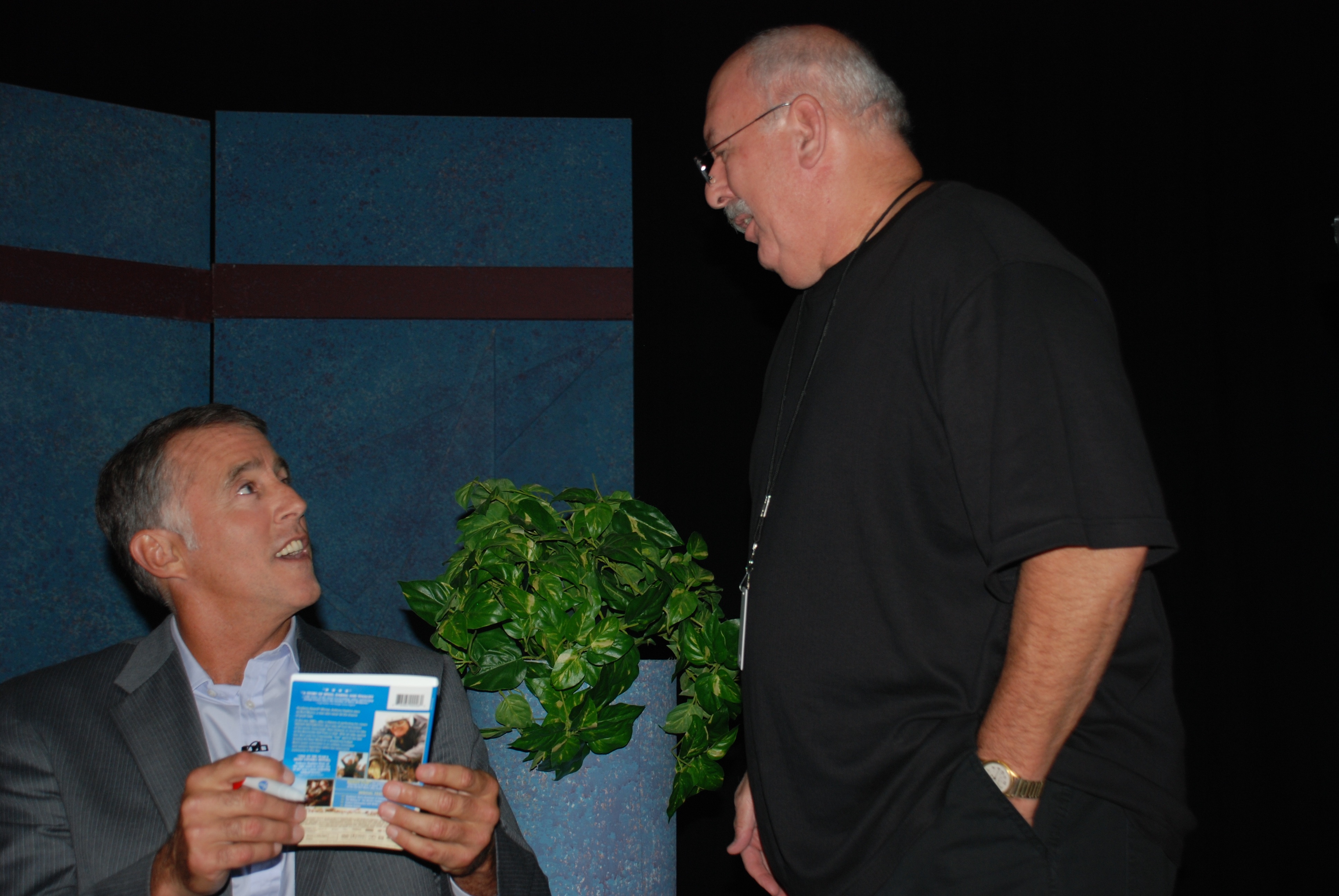 Bill Teuteberg talks about intervention and its many forms. He tells us that intervention used to have a negative connotation and is now developing a positive one. “When you love someone, (intervention) is stepping up to the plate and telling someone, we’re afraid of losing you.” Intervention is many things and more than just about the person needing treatment. It’s also about what to do when there’s nothing left to do, when the pain for everyone is overwhelming, when so many things have been tried and do not work…
Bill Teuteberg talks about intervention and its many forms. He tells us that intervention used to have a negative connotation and is now developing a positive one. “When you love someone, (intervention) is stepping up to the plate and telling someone, we’re afraid of losing you.” Intervention is many things and more than just about the person needing treatment. It’s also about what to do when there’s nothing left to do, when the pain for everyone is overwhelming, when so many things have been tried and do not work…
Dr. Kevin Gilliland counsels that treatment includes Alcoholics Anonymous (AA), support groups, therapists and physicians. It is not just being sober in between relapses. He believes the way we think concerning addiction is a challenge. Often times people will assume that you can simply stop addiction by making one decision. However, it’s not simply an “episode” that once someone receives treatment, it’s over. In truth, once one gets treatment the chapter is just beginning.
Christopher Lawford Kennedy says, “until they diagnose themselves (an addict), is not going to get sober.” It’s about the addict saying, “I’m an addict. I’m an alcoholic.”
Bill tells us that no one ever does anything about addiction until there is a challenge, a consequence, “there has to be some kind of crisis.”
Chris says, “It’s like an elevator going down. I hit bottom for 9 years before I got sober.”
The guests talk about the psychic change that must occur before one can get sober, that there is a spiritual solution to the disease as well and anything else will fail, without this component. We learn that the family of the addict is sometimes just as sick, if not sicker.
Bill tells us, “I refuse to do an intervention until someone in the family agrees to get treatment.” In fact, he tells us some families enter treatment in the same way the addict does.
Chris emphasizes that, “AA is the biggest social invention since Christ. It has helped more people than any other program combined.”
Bill says,
“It’s the hardest disease to raise money for. No one wants to be the poster child for alcoholism. We learn that 2.2 million people a year seek treatment for their disease- a small fraction of those afflicted. And while there are over 13,000 specialty clinics in the US, 54% have no physician on staff.
Yet, Dr. Gilliland raises some hope,
“In the past 15 years 3 medications for treatment have been approved by the FDA… more than in the last 50 years.” He says that pills are not going to solve everything, “but they help address the symptoms. It adds up to more sober and clean days and the more sober and clean days, the better the prognosis.”
Christopher Lawford counsels that society needs to have compassion. And the panelists tell us that until one is ready to stop addiction, to make a change, and accept responsibility to make that change… nothing will happen.
Bill asserts, “I was in 4 treatment centers in my life. The rooms of AA are where I got sober. You can’t do it alone.”
Tune in for some sound information on what to do about addiction and how to look for help as panelists discuss how to stop addiction and offer hope.
Niki Nicastro McCuistion
Executive Producer/Producer
1806 –



